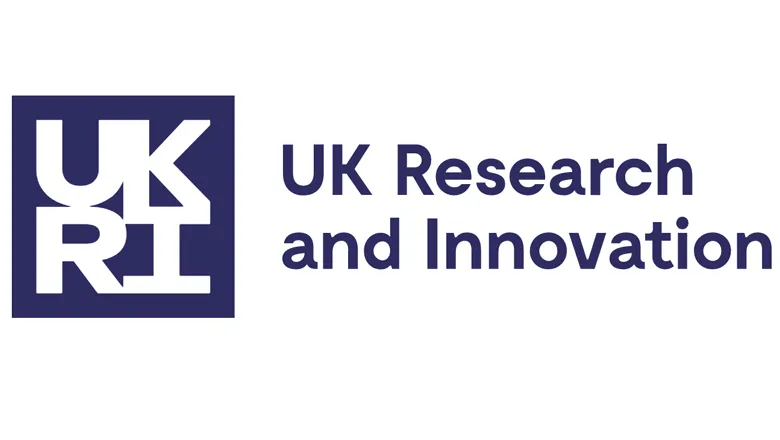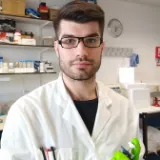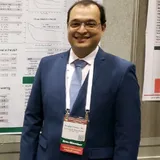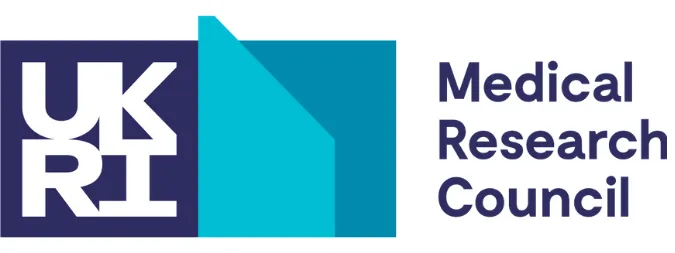The Myeloid Leukaemia Genomics and Biology Group is led by Dr Lynn Quek, MRC Clinician Scientist and Consultant Haematologist.
Our group is interested in how clonal haematopoietic cell populations cause disease in blood and beyond. We have a specific interest in clonal haematopoiesis and the evolution of myelodysplastic syndromes and related disorders from clonal haematopoiesis. We are studying the biology of leukaemia stem cells and in epigenetic determinants of cell fate in myelodysplastic syndromes and acute myeloid leukaemia. We integrate multiple genomic and functional approaches, including single-cell techniques to elucidate clonal structures, epigenetic and transcriptional heterogeneity. Our goal is to translate world-class science into world-leading clinical care for our patients.
Projects

Epigenetic regulation of differentiation of IDH-mutant AML
We work with acute myeloid leukemia (AML) samples donated by patients to better understand the biology of AML with mutations in isocitrate dehydrogenase (IDH) 1 and 2 (~20% of AMLs). Inhibitors of mutant IDH enzymes can be effective in treating AML by inducing differentiation of leukaemic cells into mature blood cells. This project is to dissect the epigenetic mechanisms of regulation of transcriptional pathways which are altered by IDH inhibitors to promote differentiation, where we hope to find new ways to reprogramme AML cells to function normally. This work is funded by UKRI/MRC.

Clonal haemopoiesis in the ageing population and myeloid bone marrow disorders
This is a prospective, longitudinal, cohort study to understand clonal hemopoiesis (CH) and immune modulation in the healthy ageing population, and in myeloid neoplasms and bone marrow failure. CH is where clinically healthy individuals are found to have acquired genetic mutations in their blood and bone marrow. Some of these mutations are associated with an increased risk of blood and other disorders. The estimated incidence of CH in those older than 65 years is ~10-15%. This project, which is a collaboration between King’s and Bristol Myers Squibb, is aimed at understanding changes to the genomic, haematopoeitic, and immune landscape in CH and how these may affect the development of blood cancers and cardiovascular disease.
Publications
The publication feed is not currently available. This could be due to a server fault or an incorrect feed address, please check the feed is valid and the Pure site is up.Awards
- Epigenetic mechanisms of IDH inhibitor-induced differentiation of AML: MRC Clinician Scientist Fellowship
Projects

Epigenetic regulation of differentiation of IDH-mutant AML
We work with acute myeloid leukemia (AML) samples donated by patients to better understand the biology of AML with mutations in isocitrate dehydrogenase (IDH) 1 and 2 (~20% of AMLs). Inhibitors of mutant IDH enzymes can be effective in treating AML by inducing differentiation of leukaemic cells into mature blood cells. This project is to dissect the epigenetic mechanisms of regulation of transcriptional pathways which are altered by IDH inhibitors to promote differentiation, where we hope to find new ways to reprogramme AML cells to function normally. This work is funded by UKRI/MRC.

Clonal haemopoiesis in the ageing population and myeloid bone marrow disorders
This is a prospective, longitudinal, cohort study to understand clonal hemopoiesis (CH) and immune modulation in the healthy ageing population, and in myeloid neoplasms and bone marrow failure. CH is where clinically healthy individuals are found to have acquired genetic mutations in their blood and bone marrow. Some of these mutations are associated with an increased risk of blood and other disorders. The estimated incidence of CH in those older than 65 years is ~10-15%. This project, which is a collaboration between King’s and Bristol Myers Squibb, is aimed at understanding changes to the genomic, haematopoeitic, and immune landscape in CH and how these may affect the development of blood cancers and cardiovascular disease.
Publications
The publication feed is not currently available. This could be due to a server fault or an incorrect feed address, please check the feed is valid and the Pure site is up.Awards
- Epigenetic mechanisms of IDH inhibitor-induced differentiation of AML: MRC Clinician Scientist Fellowship
Our Partners

UK Research and Innovation (UKRI)
Contact us
We are based at King's College London, Social, Genetic & Developmental Psychiatry Centre, Denmark Hill Campus, Memory Ln, Camberwell, London SE5 8AF.







